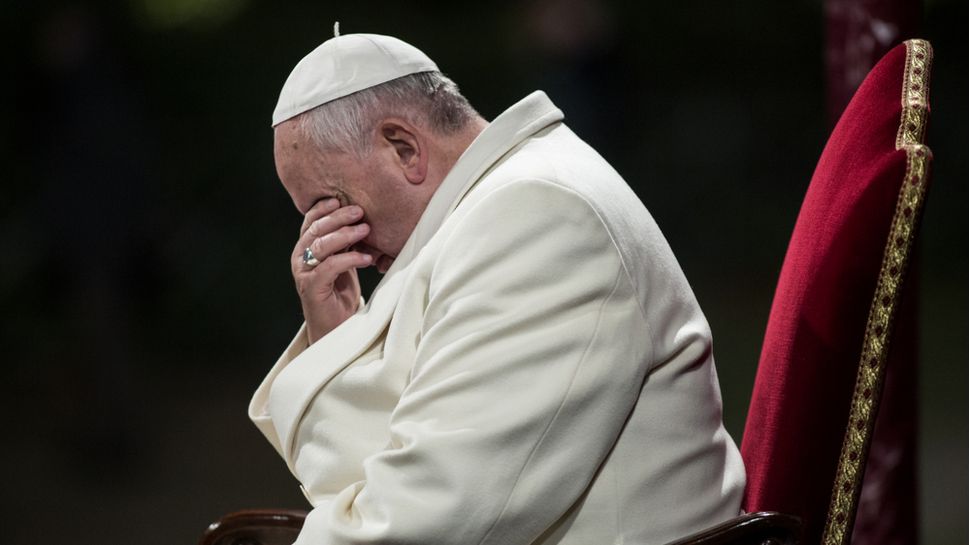Chinese hackers may have attacked the Vatican
Catholic Church computer systems and Vatican email servers were compromised

Chinese state-sponsored hackers have launched a series of successful attacks on the Vatican, invading the church’s computer systems and email servers, according to a new report.
As revealed by Recorded Future, a security firm that specializes in state-backed cybercrime, the attacks began in May and also targeted the Catholic diocese of Hong Kong, the church’s main representative in the region.
In one instance, the Chinese hackers are said to have mimicked a letter from the office of Cardinal Pietro Parolin, Vatican Secretary of State, which was used to infect recipients with malware as part of a phishing scam.
- Check out our list of the best malware removal software out there
- We've built a list of the best password managers on the market
- Here's our list of the best ransomware protection software available
The incidents precede expected talks between the Vatican and Beijing, at which the two parties are set to renew a landmark 2018 pact that served to solidify diplomatic relations.
Vatican cyberattack
According to the Recorded Future report, the attacks exhibited traits and made use of tools consistent with previous state-backed cyberattacks originating in China, but Beijing has categorically denied its involvement in the hacks.
The Chinese Foreign Ministry has dismissed the allegations as conjecture and claims that China is a “staunch defender” of cybersecurity. Accusations of this kind, asserted department spokesperson Wang Wenbin, must be backed up with hard evidence.
It remains unclear whether talks over renewing the terms of the 2018 deal, which saw the Vatican recognize the legitimacy of seven Chinese bishops appointed by Beijing, will be affected by the hacking reports.
Are you a pro? Subscribe to our newsletter
Sign up to the TechRadar Pro newsletter to get all the top news, opinion, features and guidance your business needs to succeed!
Despite an historic summit attended by the pair in Germany earlier this year, the arrival of the coronavirus pandemic had placed question marks over whether the discussions would take place, irrespective of the ostensible hack. One individual familiar with the situation suggested the original agreement might be extended automatically in light of the situation.
- Here's our list of the best antivirus services on the market
Via Reuters

Joel Khalili is the News and Features Editor at TechRadar Pro, covering cybersecurity, data privacy, cloud, AI, blockchain, internet infrastructure, 5G, data storage and computing. He's responsible for curating our news content, as well as commissioning and producing features on the technologies that are transforming the way the world does business.












